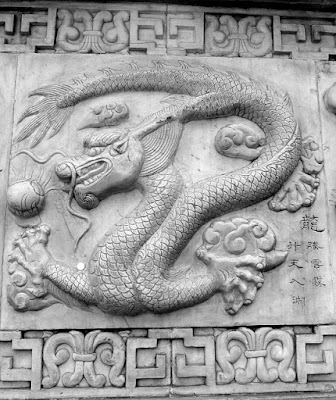It's the Chinese Lantern Festival!

Today, Feb. 24, is the Chinese Lantern Festival. The holiday occurs on the 15 th day of the Lunar New Year. It marks the first full moon after the start of the New Year, and also signals the end of New Year celebrations. The festival traditionally was observed by people hanging red paper lanterns on their houses. Riddles were written on the lanterns. You were rewarded with a lantern or a small gift if you solved one of the riddles. In the old days, the holiday also was a chance for young ladies—who rarely were allowed out of the home—to light a lantern and walk outside, hopefully to meet a beau. The Lantern Festival should not be confused with the Mid-Autumn Lantern or Mooncake Festival, which celebrates the harvest and falls on Sept. 17 this year. The Lantern Festival now is celebrated in different ways by Chinese communities around the world. Some locations in the U.S., including Washington, D.C., hold lantern displays. There are many legends associated with the origin of the f...

